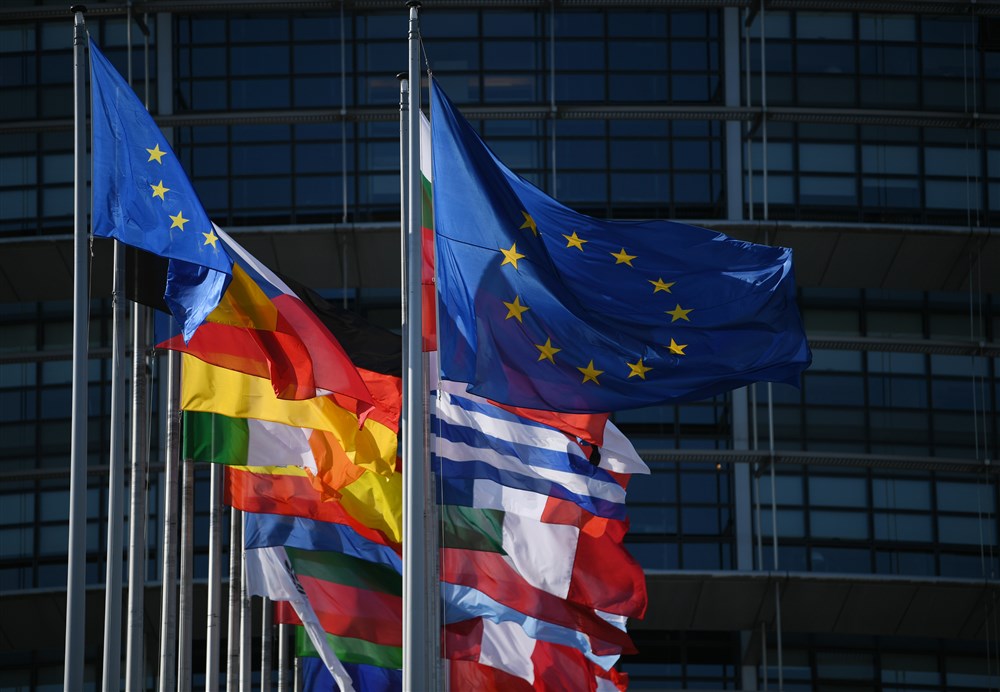Proposed amendments to a European Union law risk giving national governments a “blank cheque” to spy on journalists, a member of the European Conservatives and Reformists (ECR) group has claimed.
Romanian MEP Cristian Terheș expressed “grave concern” regarding amendments to the EU’s latest European Media Freedom Act, which supporters bill as enhancing the protections already in place for investigative journalists.
These include a provision banning national authorities from using “spyware” against journalists, their associates and family members
In a press release sent to Brussels Signal, Terheș warned that the proposed amendments could end up having the opposite effect if passed in their current form, with the version approved by the European Parliament’s civil liberties committee allowing for states to spy on journalists “under certain circumstances”.
“The text adopted … creates a very dangerous precedent that will threaten the freedom of the press all across Europe,” Terheș told Brussels Signal, expressing disappointment as the legislation should “have aimed to protect journalists from surveillance rather than facilitate it”.
“This EU law will now allow the journalists to be spied on based on criteria outlined in national laws, which is just giving a blank cheque to national governments to change their laws to legally spy on journalists,” he added.
According to the draft approved by the committee, spyware can in principle be used against journalists suspected of serious crime under national law.
The document adds that various criteria need to be met for the use of spyware to be legal. For example, a journalist must be suspected of a crime such as terrorism or murder, and that said crime carries a minimum sentence of five years in prison as set out by national law.
Terheș further expressed concern that such provisions could be abused by Member States and that they could conceivably adjust their national laws to make spying on certain journalists legal in the eyes of the EU.
He also warned that the proposed law would create “an excessive amount of bureaucracy”, something he said could cause problems for European journalists, who are reliant on being largely unconstrained by regulation to do their jobs effectively.





